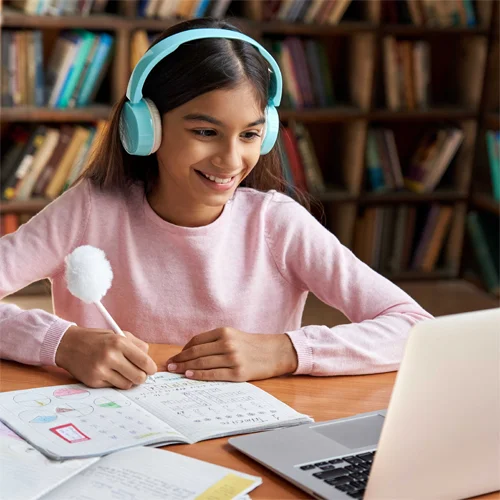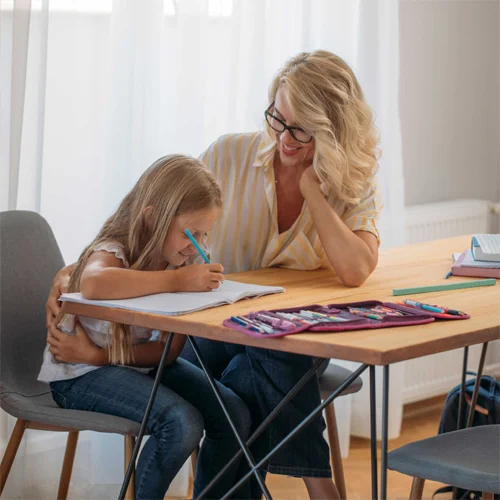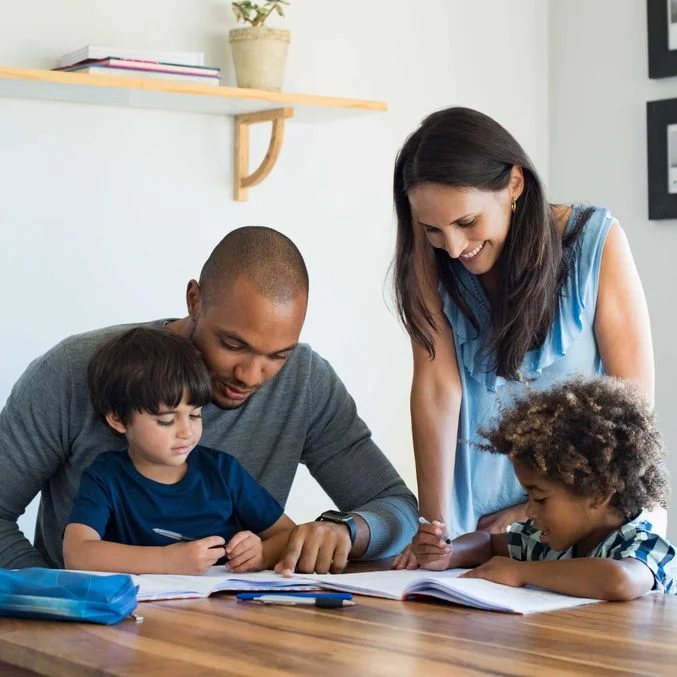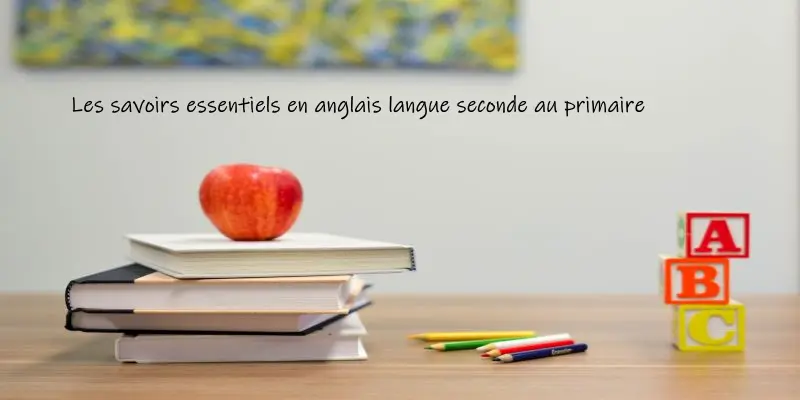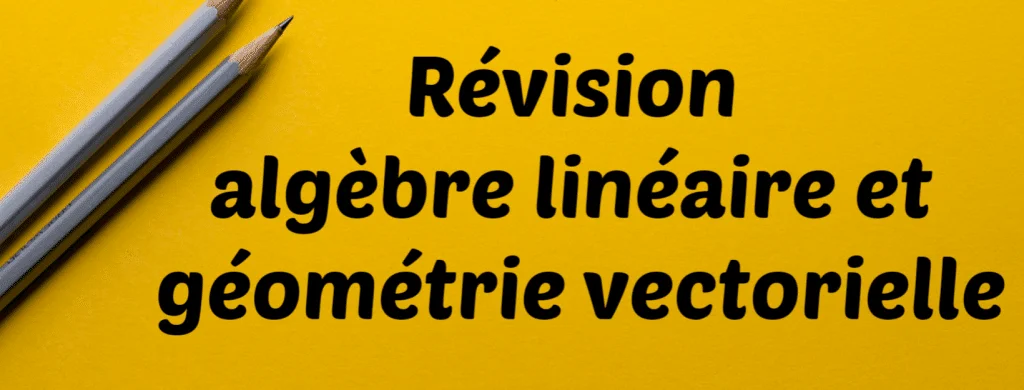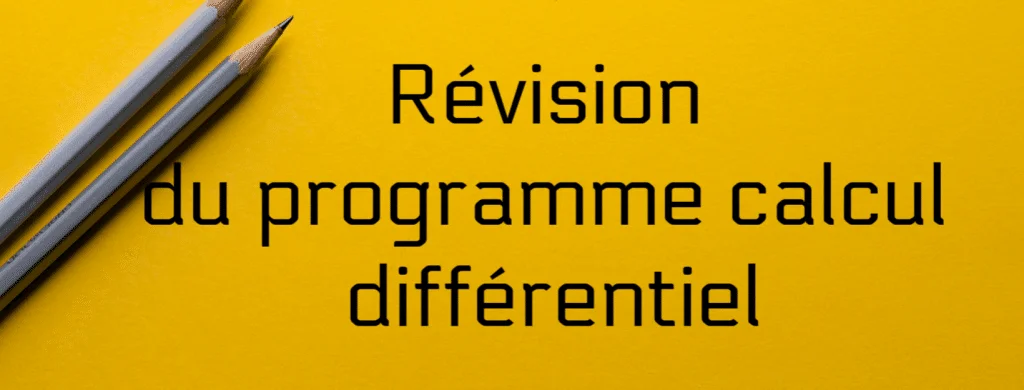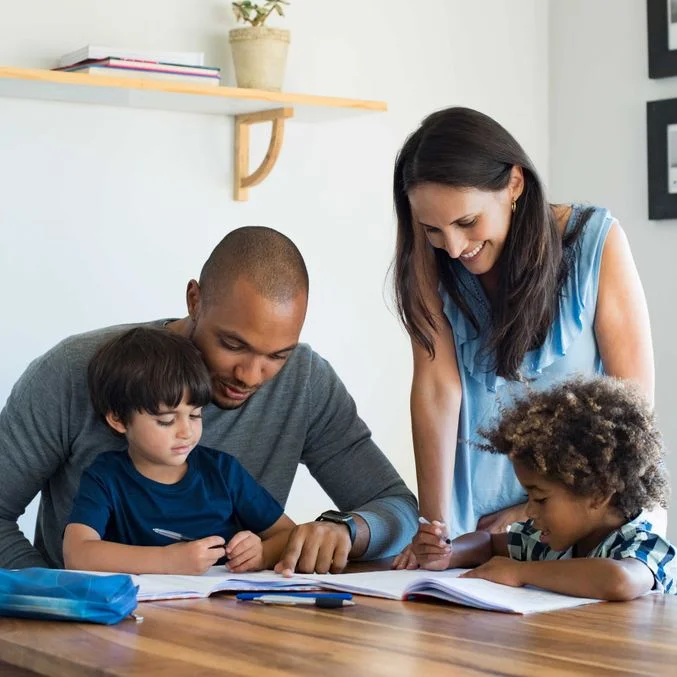English as a second language in Elementary
A milestone in your child’s life is coming to an end. Soon, primary school will be a thing of the past. However, the essential knowledge he or she will have acquired there is of the utmost importance. Here’s a review of the essential skills in English as a second language. This program is in line with the Quebec school curriculum. You’ll discover everything your child should have learned and be comfortable with by the end of elementary school.
Would you like to listen to the audio version of the Kindergarten Essential Knowledge Review? It will be a pleasure to read it to you!
Weighting
For practical purposes, the weighting of the Cycle 3 elementary school report card (grades 5 and 6) is as follows for English as a second language:
- Interact orally in English: 45
- Reinvest reading and listening comprehension (i.e., understand texts read and heard): 35%.
- Write texts: 20
What your child should know about English by the end of elementary school
Here’s what your child should master by the end of elementary school in English as a second language. He should be able to :
- Ask for identification or self-identification (e.g.: What’s this? What’s your name? Where does he live?).
- Ask about basic characteristics of people, animals, objects or places (e.g.: Does he wear glasses? Is it round? What color is it?).
- State other people’s abilities (e.g.: He can’t sing. She’s good at drawing. They can run fast.)
- Ask about other people’s abilities (e.g.: Can you stand on your head? Are you good at math?).
- Ask W-questions (e.g.: What page is it on? When is recess? How many do you have?) Ask yes/no questions (e.g.: Do you have a pencil? Is this your book? Does he play field hockey?)
- Asking for agreement or disagreement (e.g.: Do you agree? Is this okay? Does she disagree?)
- Giving an opinion (e.g.: I think that…, I believe that…)
- Ask for other people’s opinions (e.g.: What do you think? What’s your opinion? What does he think?)
- Express the needs and desires of others (e.g.: He needs a ruler. She wants a new bike.)
- Find out about other people’s needs and wants (e.g.: What does he need? What do you want?).
And that’s not all! The list may seem long, but remember that learning many of these concepts begins well before Cycle 3. So your child already has several years’ experience of the English language before entering high school.
So, here are some other elements that are part of his learning in elementary school. He must be able to :
- Express other people’s feelings, interests, tastes and preferences (e.g., He’s excited. My sister doesn’t like rock. They prefer pizza.) Ask about other people’s feelings, interests, tastes and preferences (e.g., How are you? Who’s your favorite singer? What’s your favorite thing?).
- Make suggestions (e.g.: Let’s be partners. How about making a poster?) Invite (e.g.: Would you like to play with us at recess? Would you like to work with me?)
- Stimulate conversation (e.g.: It’s your turn. How about you? Is it good?)
- Putting an article before a noun (e.g.: The bag is heavy. It’s a computer. It’s an athlete.)
English vocabulary
When it comes to the vocabulary your child needs to learn in English in elementary school, here are a few non-exhaustive indications of what your child should have learned in terms of English vocabulary:
- Use action words (e.g., look, play, bring, draw)
- Use personal pronouns and possessive forms in context to refer to other people (e.g.: Your book is on the desk. It’s his pencil.)
- Use prepositions and location words to complete tasks (e.g.: at, beside, right).
- Respond to interrogative words used in context (e.g.: who, what, how).
What about verbs?
As for verbs in English, before starting high school, students should be able to use their knowledge of verb tenses to derive meaning (e.g.: imperative, past and future tenses).
Different ways of learning English as a second language
Your child has discovered a whole new language during his six years of elementary school. He or she has learned the language in the following ways, among others:
-Texts, media, games (e.g. films, magazines, websites)
-Famous people (e.g. athletes, astronauts, artists)
-Origin of names (e.g. family or company names)
-Landmarks (e.g. buildings, statues, streets)
-Traditions linked to holidays or special events (e.g. birthdays, Christmas, Earth Day)
-Idiomatic expressions (e.g.: Break a leg. That rings a bell. Cat got her tongue.)
Exercices
Time to practice now!
As they say, there’s no substitute for practice. You’ll find all kinds of English exercises for your child here, as well as here.
Here you’ll also find a variety of educational games to mix business with pleasure.
Finally, learning a new language is a gradual process. Your child will have a solid foundation by the time he leaves elementary school. By mastering the above elements, he’ll be well prepared for the great adventure of high school in English! And here are a few tips to help them get to grips with English as a second language.
Find out more and get better equipped:
Reference :

